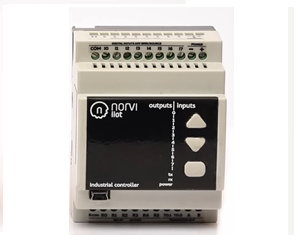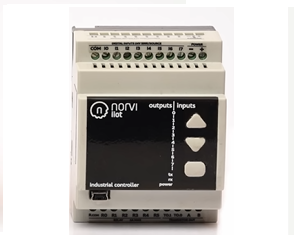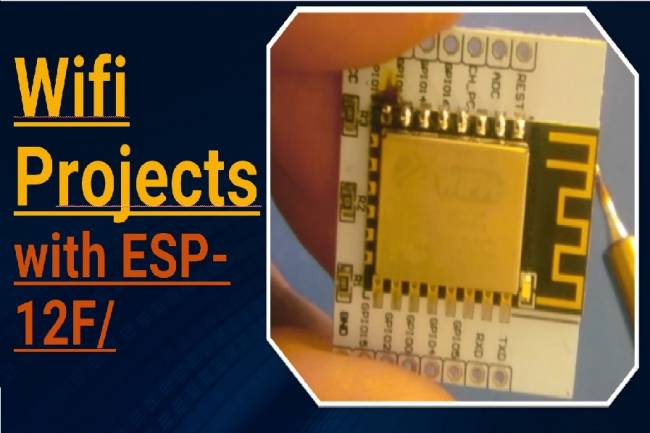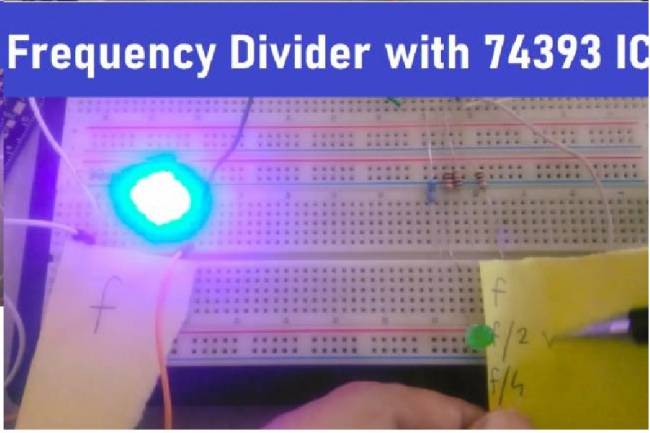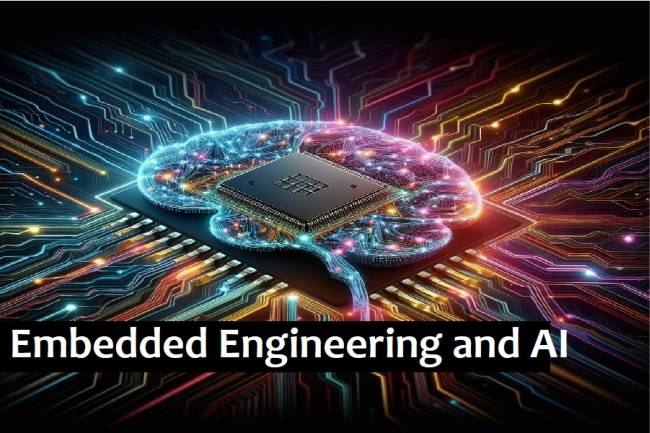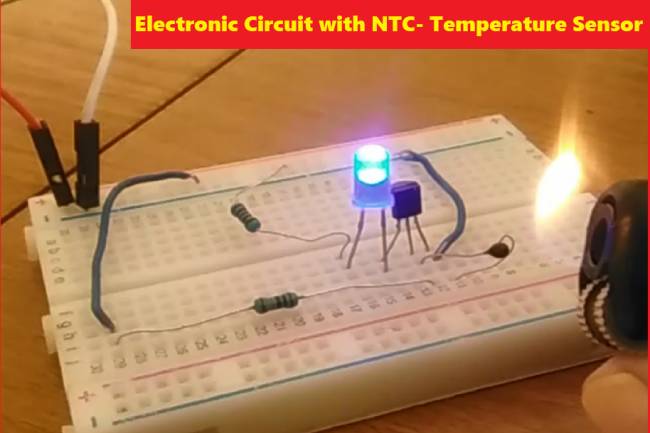
The Future of Artificial Intelligence and Hardware Innovation: Industry Leaders Collaborate
Artificial intelligence (AI) has become one of the most exciting areas of technology. But the future of AI requires a perfect harmony of hardware and software. This alignment will help us develop AI capabilities at all levels. From small sensors to large language models, collaboration is essential to building AI across the tech world.
Artificial intelligence offers breakthrough opportunities in every industry, but some challenges must be overcome to realize this potential. Issues such as security, sustainability and data management are among the obstacles to artificial intelligence. That's why industry leaders are turning to collaboration to deliver safer, more responsive AI experiences.
Leading technology companies are coming together to accelerate AI innovation. Arm, AMD, Intel, Meta, Microsoft, NVIDIA and Qualcomm Technologies, Inc. Companies such as are forming strategic partnerships focused on integrating advanced AI capabilities into user experiences. These collaborations have the potential to deliver next-generation AI experiences to millions of developers by creating the core frameworks and technologies of AI.
However, as we make AI more mainstream, the challenges of delivering AI at the edge are also increasing. Arm has been a pioneer in delivering AI at the edge using Arm CPUs that work with third-party AI applications on smartphones for years. However, data needs to be moved efficiently and presented in a sustainable way. This makes it difficult for developers to run AI and machine learning models while working with limited computing resources. Arm is addressing this issue by adapting NVIDIA TAO, a low-code open source AI toolset, to its Ethos-U NPUs.
Artificial intelligence also needs advancements to support diversity of data formats. Arm is working to support the industry's various types of small data. In particular, the 8-bit floating point specification 'FP8' was developed to support the rapid adoption of neural networks in the industry. Such standards are of great importance to develop the artificial intelligence ecosystem and ensure its harmonious operation.
Collaborations between industry leaders for AI innovation will help develop smarter and more effective AI applications in the future. A world where hardware and software work in perfect harmony will take artificial intelligence technologies even further.













